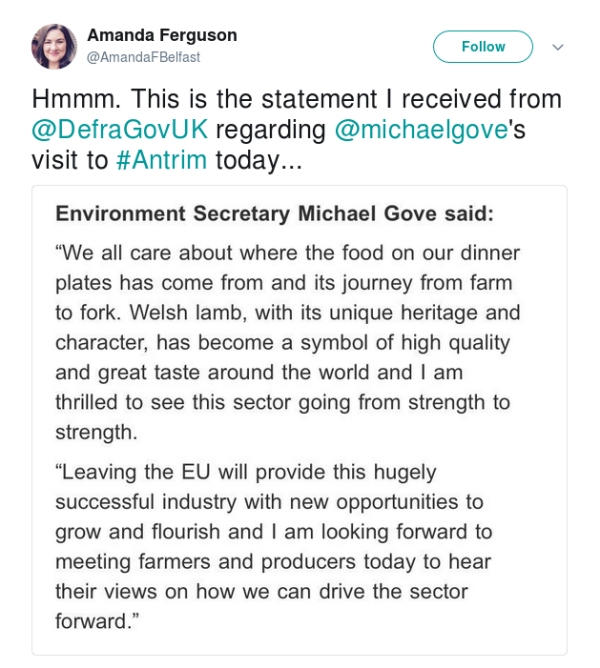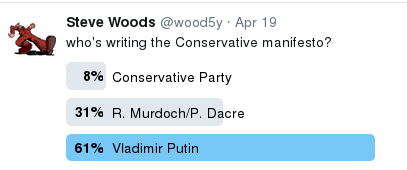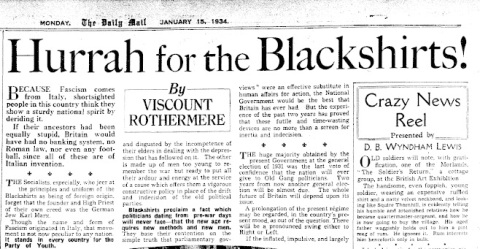“Brexity”
Today’s Times has discovered a new word being used by younger people in the UK, i.e. “Brexity“.
It turns up in a comment piece by Janice Turner admonishing those outward-looking folk who voted to remain in the EU in that disastrous referendum for continuing to criticise the isolationist Little Englanders who voted to undo 4 decades of European integration and dragging a partly reluctant UK into a more modern era.
Ms Turner’s piece gives a couple of examples of the usage of “Brexity“. For instance, concerning places: “It was this horrible Brexity little town“; and food: “He ate this disgusting Brexity pasty“.
According to Ms Turner, it denotes something low-grade, provincial, unsophisticated; enjoyed or frequented by the old, the white working class.

Commenting on a reference to the Times comment piece, Twitter user Fish in a hat has pointed out the following:
I understand it is now coined freely in youth slang to mean trashy & tawdry. The young have a good eye, but are cruel. OTOH it is their future that is being trashed & were denied a vote. They have the right to complain. I am sure they will rejoin as soon as they are old enough to.
Quite. Those under 18 have even greater grounds for being upset as they were denied a vote in the referendum, unlike the 2014 Scottish independence referendum when all Scots over 16 years of age were given a say.
Getting rather old and coming from white working class stock, your correspondent hopes his readers won’t find him and his attitudes too Brexity. 😀









